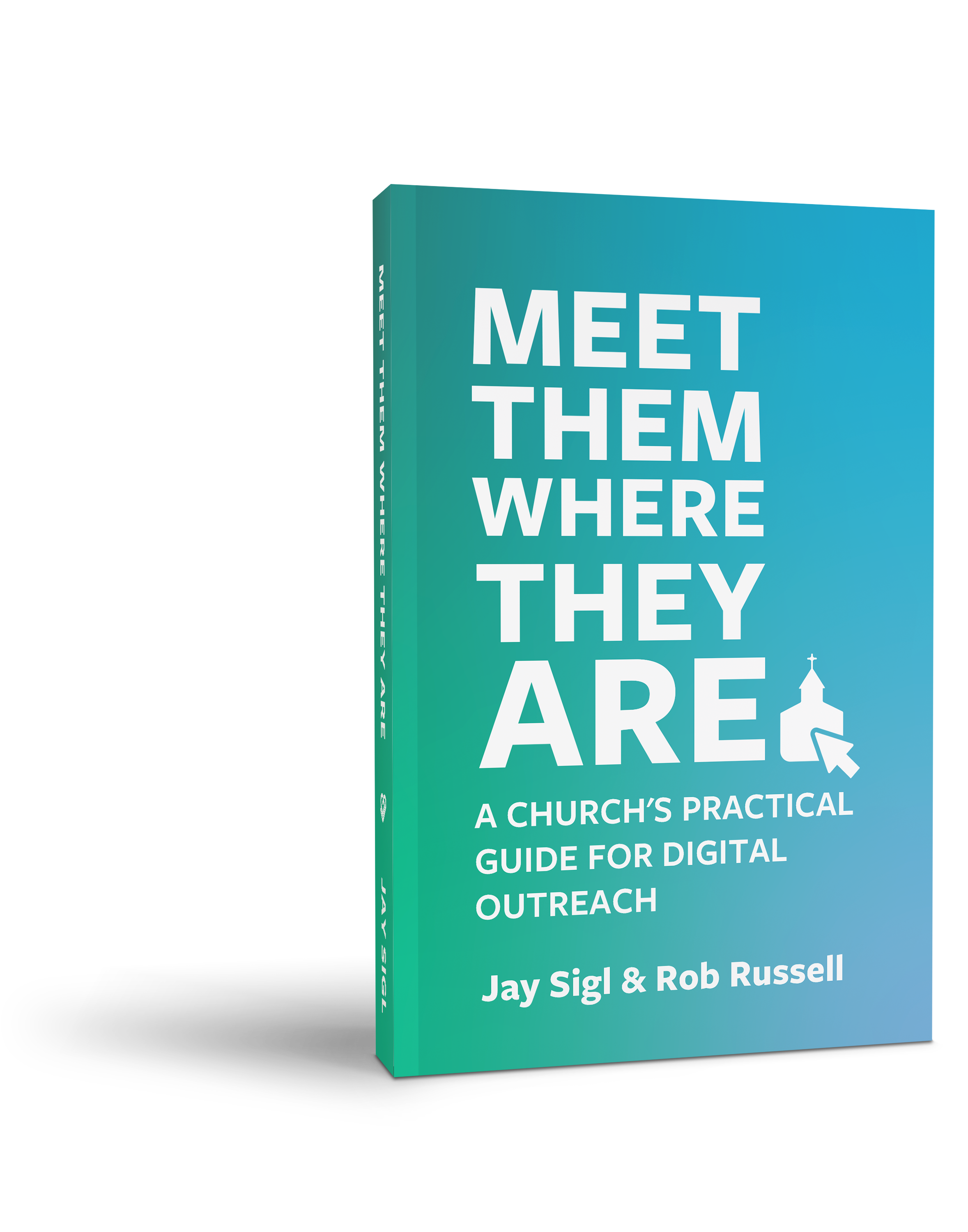Does My Church Really Need a Facebook Account?
In the age of TikTok, YouTube, and Instagram, does your church really need a Facebook account?





In the age of TikTok, YouTube, and Instagram, does your church really need a Facebook account?
.svg)
If you were running your church’s communications in the late 00s or early 10s, you almost certainly made a Facebook page for your church.
Back then, in Facebook’s heyday, it seemed like the natural thing to do. People were on Facebook, pastors wanted to reach more people, so pastors turned to Facebook, too.
But it’s 2025, and Facebook can often feel. . . outdated. It’s the primary social media platform for adults 50+, and it has garnered a reputation for spreading misinformation and political controversy (source).
For church leaders looking to reach a younger demographic, it may seem pointless to spend time on your church’s Facebook account at all. In the age of TikTok, YouTube, and Instagram, does your church really need a Facebook account?
The short answer is—yes! Your church still needs a Facebook page.
Even if you find Facebook outdated, it still remains the second-biggest social media platform with 2.9 billion active users, second only to YouTube in the US in terms of popularity.
It’s true that platforms like TikTok and Instagram are buzzing with younger audiences, but dismissing Facebook altogether could mean overlooking an incredible opportunity to connect with your congregation and your local community.
Whether you’re already active on Facebook or considering creating an account for your church, this blog will walk you through the reasons why Facebook remains a powerful tool, the specific features that can serve your ministry, and actionable tips to make the most of it.
When used to its full potential, your church’s Facebook account can help you expand your ministry’s reach, connect with your congregation in meaningful ways, and invite new visitors to your doors.
Here are 4 things you can do with your church’s Facebook account:
Ready to start maximizing your church’s Facebook account? Try these practical, action-oriented tips:
Aim to post a few times a week with a balance of content types:
The exact number of times you post isn’t that relevant. Some churches post twice a week; others post daily. It’s more important that you are consistent with whatever posting schedule you choose.
One-sided social media rarely works. Facebook is all about building relationships, so respond to comments on your posts and reply to private messages promptly.
People notice when your church takes time to respond with care. It reflects your heart for people and builds trust within your online community.
Facebook Stories and Instagram integration make it simple to share real-time moments from church life. Behind-the-scenes looks at sermon prep or worship practice can show the real, relatable side of your church.
Create a private Facebook group where church members can connect throughout the week for prayer requests, discussions, or resource-sharing. This fosters a sense of community, even outside of Sunday mornings.
Yes, there are trendier platforms on the block. Yes, some people may tell you Facebook is ancient history. But when it comes to reaching people where they already are, Facebook’s ubiquity makes it a valuable digital tool for all church leaders.
Despite its reputation for being full of angry Baby Boomers and silly memes, Facebook has the potential to foster meaningful relationships in the Church. Focus on creating an engaging, welcoming, and faithful presence on this platform to connect with both your congregation and your local community.
Not sure where to start or how to improve your church’s social media strategy? GraceLed Communications can help! Contact us today to find out how we can help equip your church to thrive in a digital world.